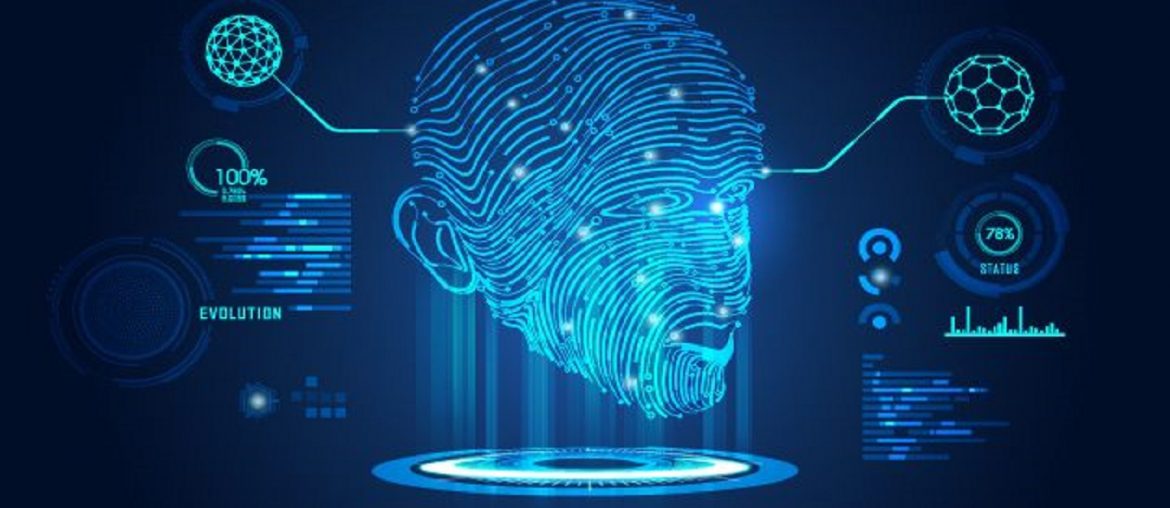Simply put, Artificial Intelligence refers to a machine with the unique ability to think. AI possesses the capacity to do things that were previously thought to require human intelligence. An AI may be programmed to demonstrate skills like: visual perception, speech recognition, decision-making, translation between languages and so on.
The very concept of Artificial Intelligence has surfaced for the betterment of humankind. Yet, the term AI is feared by many. Hollywood has contributed in further demonizing AI with movies like ‘The Matrix’ and ‘Terminator’. But is AI really that big of a threat? Let’s take a look:
Good things first,
- Fast and Efficient: AI is designed to carry out tasks much faster and with a better precision than humans would normally do. AI can take on mundane tasks that would be too boring for humans and complete it without any complaints.
- Error Free: Unlike humans, AI is programmed to do all the tasks with zero error. Since there will not be any human involvement, there is no chance of any ‘human error’ to take place.
- Scientific Exploration: AI has the potential to revolutionize scientific exploration. AI can take on risks that humans cannot. These complex machines can be utilized in mining and fuel extraction. They will also be helpful in exploring ocean floors and outer space. The Mars rover, Curiosity for example, is helping scientists explore the landscape of the red planet.
- AI in Our Daily Lives: The benefits of AI has already peeped into our lives with our Smart Phones. Siri and Cortana are frequently being used to answer our every query. We use GPS to guide us to our desired locations, we are assisted by our chat boxes that predicts our responses to a question, we use face detection to help us tag our friends on Facebook. All these are simple ways AI is aiding us in our everyday lives.
- Medical Applications: AI is already serving us in the medical sector. Doctors use artificial intelligence to detect and diagnose diseases. It helps doctors assess the health risks of a patient and take action accordingly. Often times AI simulators are used to train doctors in developed countries. A good example of this is Radiosurgery; a popular method that assists in surgical operations without causing harm to the surrounding tissues.
Now the Risks,
- Replacing Humans: This is the biggest fear regarding AI. Since AI is more efficient and ‘intelligent’ than us humans why would businessmen hire humans? Buying a machine can prove to be more profitable for businesses in the long run. This threat is particularly high in low skilled jobs where AI can easily outperform humans. Auto cars, for instance, will eliminate the need for bus and taxi drivers.
- High Maintenance: Even though AI has such unimaginable benefits, it comes with a catch. AI software will need very frequent upgrades. Regular maintenance and repair costs will be too high for most to bear. These machines also have a risk of breakdown when valuable data can be lost in matter of seconds.
- Judgment Calls: Human minds are unique and probably impossible to fully replicate. Even though AI attempts to think like we humans would, it still lacks the fundamental ability to make judgment calls should an adverse situation occur. A very good example would be the one time when a shooting occurred in Sydney and people were calling an Uber to escape the area. Based on Uber’s AI Algorithm, the prices of Uber rides escalated as the demand increased. AI could not comprehend the severity of the situation in question. Cases like these are very likely to happen when people tend to depend too much on AI. As discussed above, Artificial Intelligence can bring on board a lot of possible benefits. However, AI also has some dangers that needs to be taken into account. In conclusion, it can be said that AI is there for our good, but it is ultimately up to us how we decide to use it.




